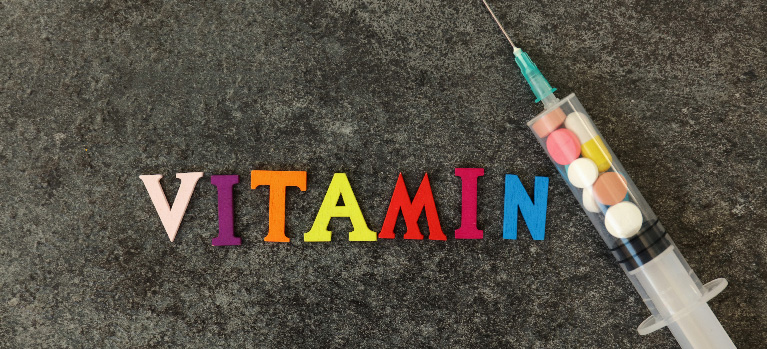Moving forward and finding joy or connecting to the feeling of joy gives us hope. Having a healthy lifestyle helps us heal and move forward! Some tips to move forward from the point that we are at:
MOVE FORWARD WITH A HEALTHY LIFESTYLE…
• Eating a balanced diet. Choose a variety of colorful fresh fruits and vegetables.
• Limit processed foods, caffeine, and alcohol.
• Drink water!
• If you are a smoker, try to quit. Smoking can trigger hot flashes, weaken bones, and irritate the bladder.
• Incorporate regular physical activity into your daily routine. Exercise improves bone density, reduces weight gain, and elevates your mood.
• Stress management techniques like meditation and yoga improve coping skills.
ANOTHER TIP TO HELP MOVE FORWARD…
Balance your hormones! Hormone therapy is an option for men and women. Your New Leaf Wellness health provider will help educate you regarding the benefits and together you will decide on a treatment plan that is right for you.
Schedule an appointment to review your symptoms, medical history, family history, and lifestyle. Your provider will work with you to tailor a treatment to meet your needs to reduce symptoms, improve your quality of life!
When you are busy with your own emotions – worrying about the future, regretting the past, thinking about what others have done wrong – you are missing what this moment has to offer.
What is really important right now is living life with JOY. But you cannot fill a cup that is already full. You have to empty the cup to let new energy come in. Follow the tips above to empty “your cup”! If you are open, you can find joy, things to be grateful for, and move forward. However, if you are filled with all types of stress and negative emotions it is challenging to move forward.
Let lifestyle changes and balanced hormones help you move forward and better yet…move forward with JOY!
Schedule a FREE Consultation to start moving forward with Joy!


















